Food Waste Solutions - 10 Innovations Tackling Food Waste
Karma - An App that Helps Local Restaurants Offer Unsold Food at a Discount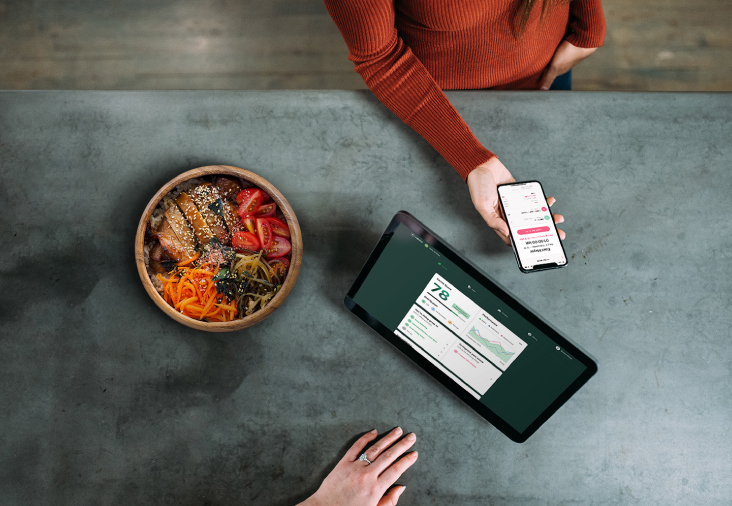
Did you know that one-third of food produced worldwide ends up thrown away annually? It results in 1.3 billion tons of food waste. There are over 22,000 restaurants in Sweden and 15 million restaurants in the world that don’t know how to prevent or solve this situation, making a negative impact on the planet. To face this problem, Karma works as a food rescue app that lets retailers sell their surplus food to consumers who need them at a low cost.
With the Karma app, consumers have the chance to purchase high-quality food at low prices directly from local retailers. In this way, local restaurants, cafes, and commerces can reduce their discarded food; so instead of throwing it away, they have the chance to seize the leftovers and sell them to someone who wants it.
Toast - A Beer Made Using Fresh, Surplus Bread
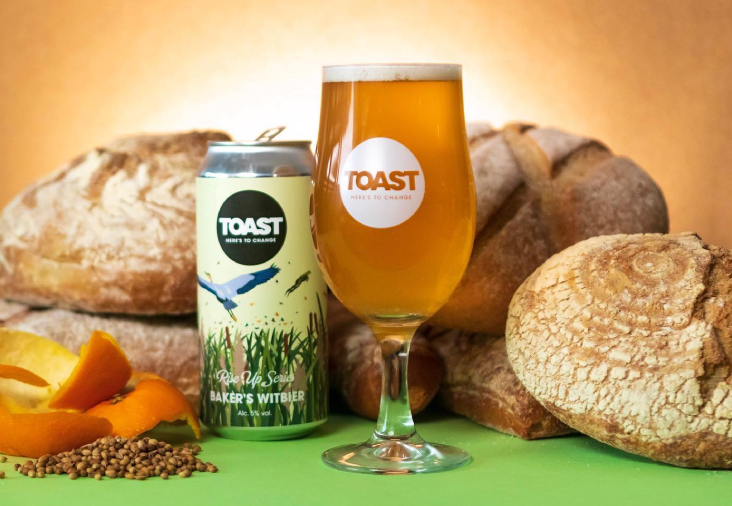
Tristam came up with a recipe for a craft beer brewed with surplus fresh bread that would otherwise be wasted. Surprisingly, Toast production has also resulted in less land, water, and energy waste, as well as a smaller carbon footprint. In addition, all profits go to charities fixing the food system.
Wefood - The World's First Surplus Supermarket
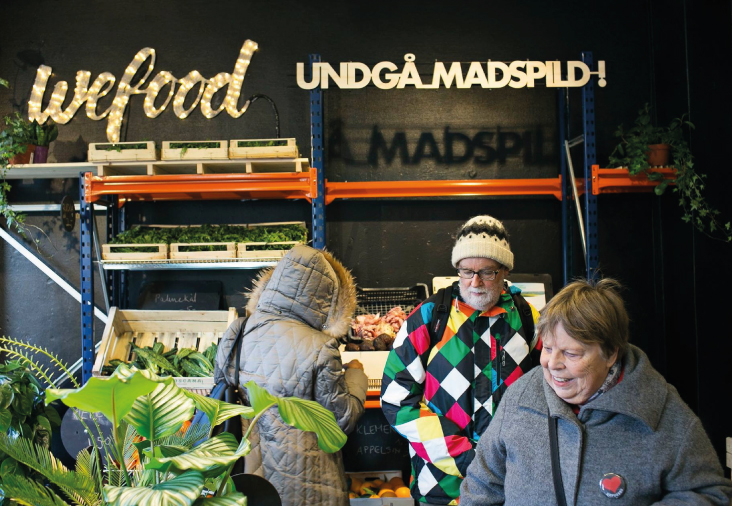
About 30% of the food produced worldwide ends up in the garbage, despite 800 million people go hungry to bed every night. DanChurchAid, a Danish humanitarian non-governmental organization aimed at supporting the world's poorest, decided to do something about the problem and opened Wefood, the world's first surplus food supermarket.
Wefood's goal is to reduce food waste and raise funds to fight hunger in developing countries. To this end, they collect discarded products from stores and supermarkets, which, although in perfect condition, do not comply with Danish food laws. These products are sold at a discount and profits are used to fight hunger across the globe.
Winnow - A Smart Trash that Halves Food Waste at Restaurants
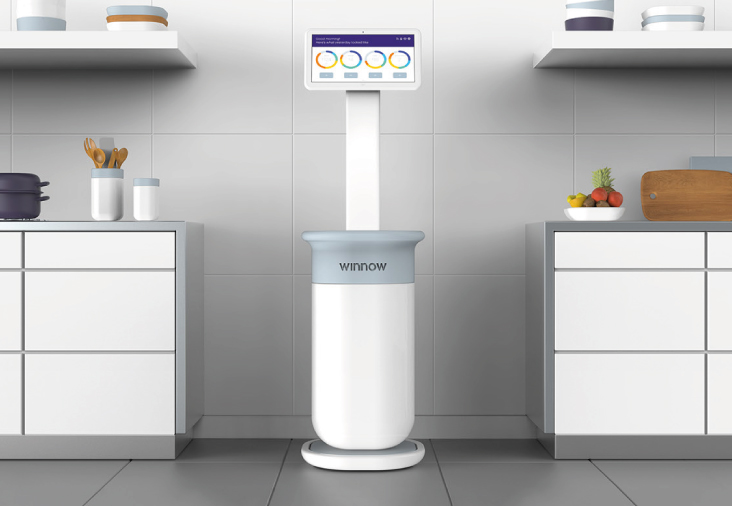
Food waste occurs throughout the supply chain, from farm to fork. To control this, new AI-enabled technologies like Winnow can minimize food waste in restaurants by as much as 50%.
Recognized in 2019 with the Tech Disruptor award, Winnow is a British startup significantly reducing food waste. Its proprietary technology consists of smart trash that can identify and weigh the food that is thrown away and assign a cost to it, allowing food businesses to reduce waste to more than 50% and costs by up to 8%, without affecting the routine of the kitchen staff.
Mimica - A Temperature-Sensitive Indicator for Food Freshness
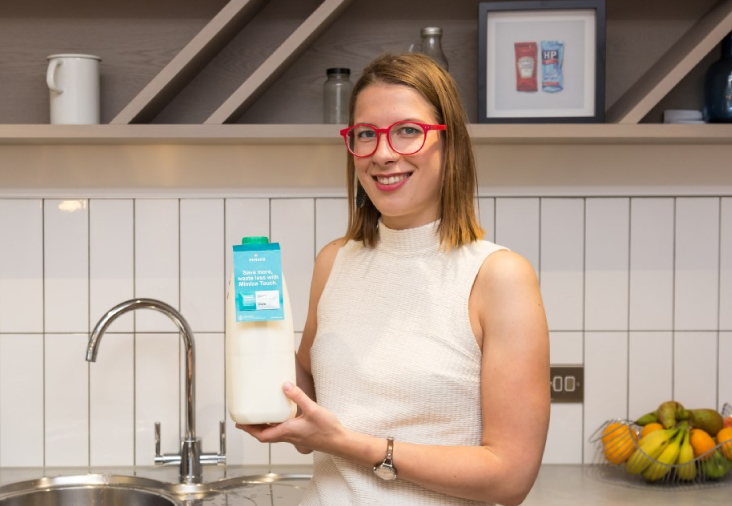
In the United Kingdom, more than 60% of the food and drinks discarded are still in perfect condition. The reason? Expiration dates are based on a scenario in which food isn't properly stored.
With this in mind, Solveiga Pakstaite invented Mimica, a temperature-sensitive indicator that helps you get the most out of your food and reduce unnecessary food waste. Mimica is a label-shaped device that indicates the freshness of a specific product. If there are drastic temperature changes, bumps will appear on the label to notify the consumer that the product is no longer edible, while a flat state means food is OK for consumption.
Misfits Market - An Online Grocery that Sells Rescued Foods at a Discount
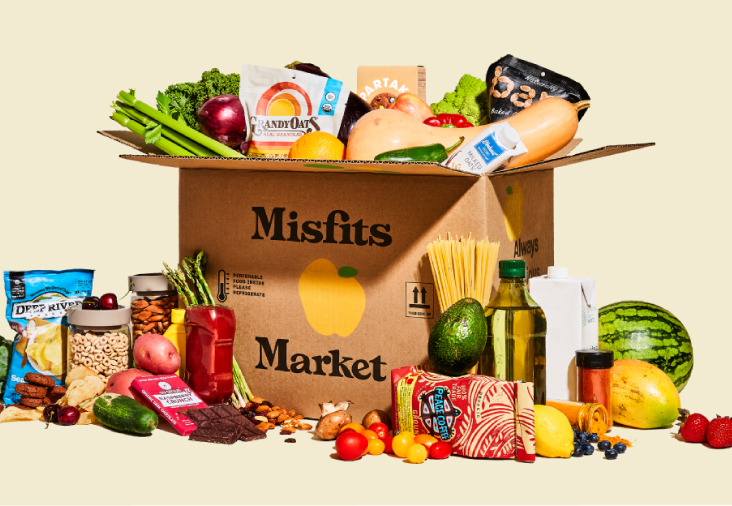
Nearly one-third of the produce grown by farmers is never harvested, as it can't meet the superficial standards of supermarkets. This causes a great loss of water, land, energy, and labor, affecting the environment and the subsistence of small farmers.
Based in New Jersey, Misfits Market is an online grocery delivery service that seeks to break the cycle of food waste. They work directly with organic and sustainably-minded producers, collecting excess inventory, to broaden access to fresh food. By shopping at Misfits Market, customers will access high-quality meats and seafood, and other sustainably sourced groceries at up to 40% discount price.
Too Good to Go - The World's Largest Marketplace for Surplus Food
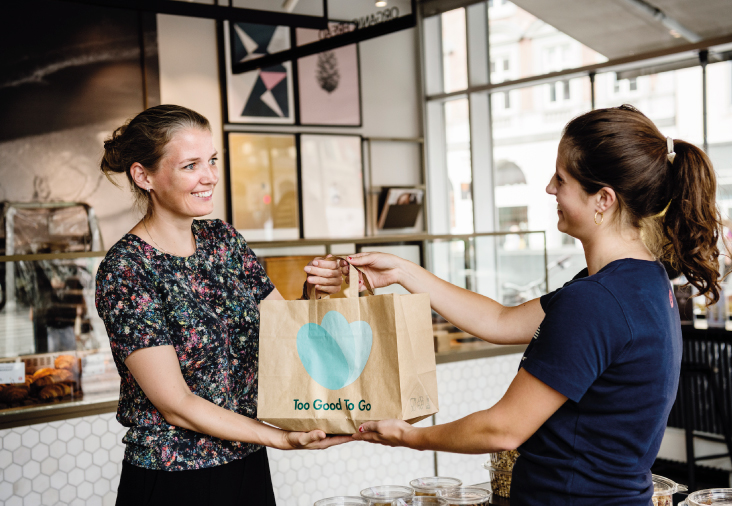
Per capita waste by consumers is between 95-115 kg a year in Europe and North America, while consumers in sub-Saharan Africa, south and south-eastern Asia, each throw away only 6-11 kg a year.
With this scenario in mind, Brian Christensen and four friends came up with an innovative idea to fight against food waste. Too Good to Go is the world's largest marketplace for surplus food. This app lets you rescue delicious, unsold food from local shops and restaurants so it doesn't go to waste. Simply find a store or restaurant near you, pay through the Too Good To Go app, and collect your food. You pay at least 50% off regular menu prices - and reduce food waste in the process.
Instock - A Restaurant that Turns Surplus Food into Delicious Meals
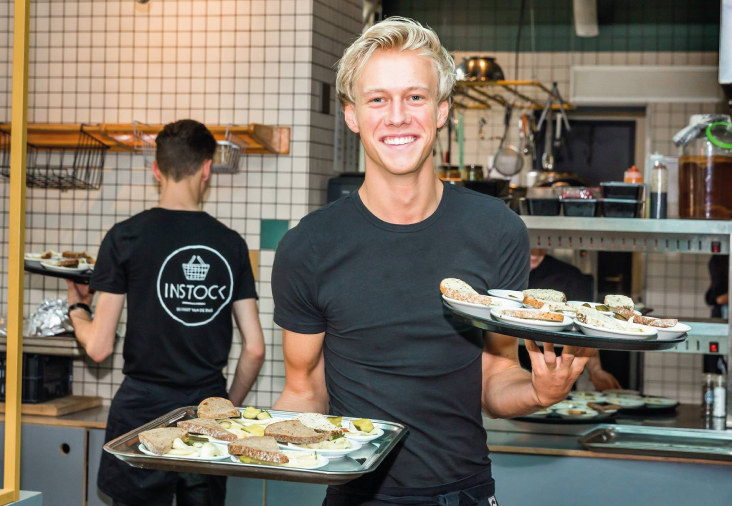
Beauty flaws', too big, too small, or incorrect packaging are just some of the multiple reasons why 1.3 billion tons of food are thrown away every year worldwide.
Based in Amsterdam, Instock is an initiative born with a powerful ideal in mind: to save as much food as possible from wasted and to encourage others to do the same. They collect, inspect and repackage "unwanted" food from local stores and restaurants before it's dumped. Then, they recirculate the food through their own restaurant which operates on at least 80% rescued products.
Sirplus - A German Supermarket Bringing Excess Food into the Cycle
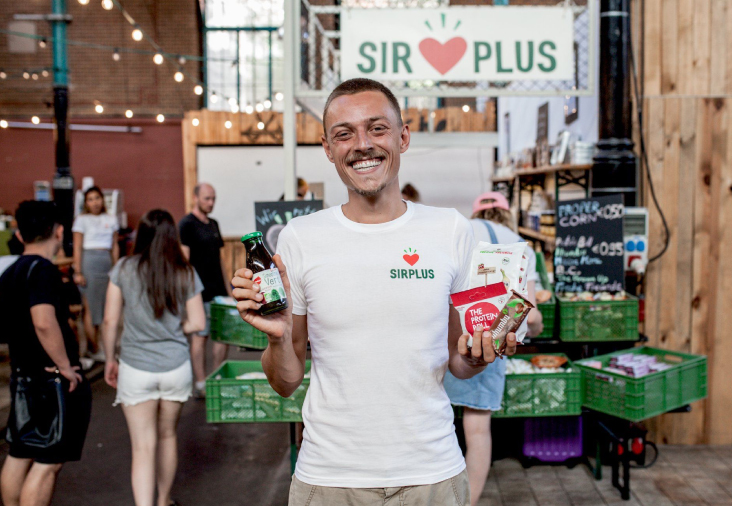
According to the UN Environment Programme, roughly one-third of the food produced in the world for human consumption every year - approximately 1.3 billion tonnes - gets lost or wasted, although a vast majority meets the conditions to be consumed. This practice, besides being unethical, is generating an environmental disaster and reducing the life span of humanity.
Knowing this problem, Sirplus was born, a startup aiming to increase the appreciation for food through its business model, which consists of bringing excess food back into the cycle by offering it for sale in their berlin-based rescue markets and online shop. In addition, they carry out educational work through social networks to educate people about sustainable consumption and climate protection.
Grim - A Startup Delivering Fresh and Sometimes Ugly Vegetables to your Door
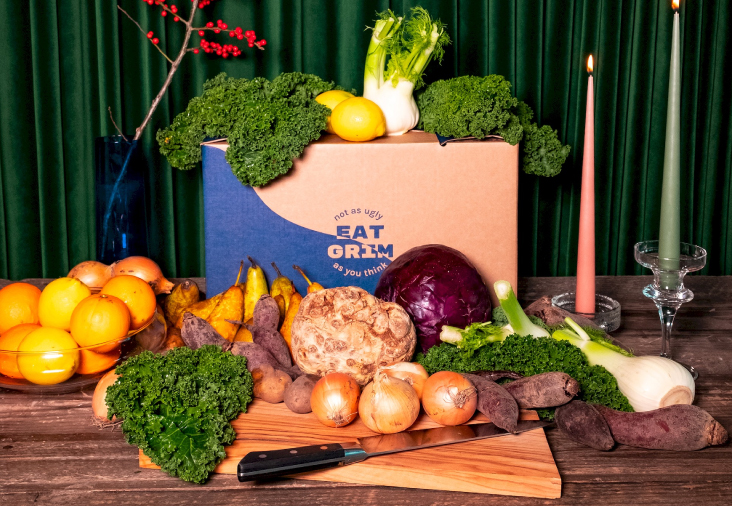
One out of three fresh vegetables and fruits end up thrown away mainly because of overproduction and aesthetic flaws. Supermarkets, for example, continuously reject tons of fresh produce that is too big, small, scarred, or differently colored - at the cost of the people who grow our food and our planet.
Grim is a danish startup aiming to crush food waste delivering organic ugly-by-nature and surplus fruit & vegetables straight from the farm to you or your food business, as a monthly subscription.


